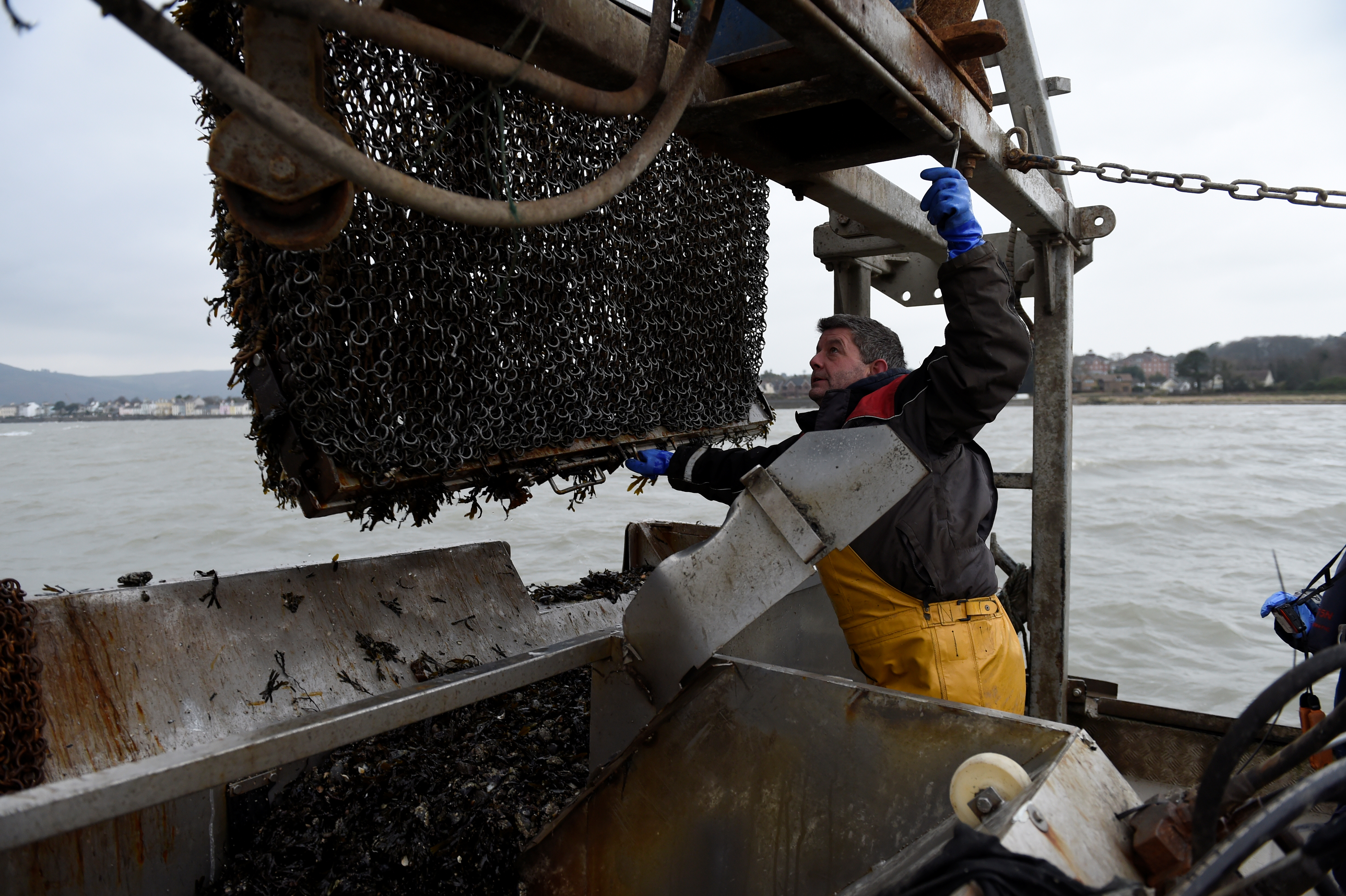The Trump administration reportedly tried to restrict fired Attorney General Sally Yates' Russia testimony

A free daily email with the biggest news stories of the day – and the best features from TheWeek.com
You are now subscribed
Your newsletter sign-up was successful
The Washington Post reported Tuesday that President Trump's administration apparently attempted to greatly limit the scope of former Attorney General Sally Yates' testimony before the House Intelligence Committee on potential ties between the Trump campaign and Russia.
Letters obtained by The Washington Post revealed Yates, who Trump fired in January after she would not back his immigration executive order, "was notified earlier this month by the Justice Department that the administration considers a great deal of her possible testimony to be barred from discussion in congressional hearing because the topics are covered by the presidential communication privilege." Yates served as deputy attorney general under former President Barack Obama and was the acting attorney general at the start of Trump's term, playing a role in the investigation of ousted National Security Adviser Michael Flynn's communications about sanctions with a Russian ambassador.
In response, Yates' lawyer David O'Neill acknowledged the restrictions on Yates' testimony and assured the Justice Department that Yates would not disclose information protected by "client confidences" unless she were granted explicit permission by the department. However, O'Neill took issue with how "overbroad, incorrect, and inconsistent with the department's historical approach" its orders to Yates were. "In particular, we believe that Ms. Yates should not be obligated to refuse to provide non-classified facts about the department's notification to the White House of concerns about the conduct of a senior official," O'Neill wrote.
The Week
Escape your echo chamber. Get the facts behind the news, plus analysis from multiple perspectives.

Sign up for The Week's Free Newsletters
From our morning news briefing to a weekly Good News Newsletter, get the best of The Week delivered directly to your inbox.
From our morning news briefing to a weekly Good News Newsletter, get the best of The Week delivered directly to your inbox.
A Justice Department official responded, saying that Yates would need to consult with the White House before disclosing information covered by the presidential communications privilege, but that she did not need "separate consent from the department."
On Friday, Yates' lawyer sent a letter notifying White House Counsel Don McGahn that "any claim of privilege 'has been waived as a result of the multiple public comments of current senior White House officials describing the January 2017 communications,'" The Washington Post reported. "Nevertheless, I am advising the White House of Ms. Yates' intention to provide information," O'Neill wrote.
Later that day, House Intelligence Committee Chairman Devin Nunes (R-Calif.) called off the hearing at which Yates was expected to testify. Read more on the story at The Washington Post. Becca Stanek
Update 11:16 a.m. ET: The White House has since released a statement denying The Washington Post's report.
A free daily email with the biggest news stories of the day – and the best features from TheWeek.com
-
 The 8 best TV shows of the 1960s
The 8 best TV shows of the 1960sThe standout shows of this decade take viewers from outer space to the Wild West
-
 Microdramas are booming
Microdramas are boomingUnder the radar Scroll to watch a whole movie
-
 The Olympic timekeepers keeping the Games on track
The Olympic timekeepers keeping the Games on trackUnder the Radar Swiss watchmaking giant Omega has been at the finish line of every Olympic Games for nearly 100 years
-
 Judge orders Washington slavery exhibit restored
Judge orders Washington slavery exhibit restoredSpeed Read The Trump administration took down displays about slavery at the President’s House Site in Philadelphia
-
 Hyatt chair joins growing list of Epstein files losers
Hyatt chair joins growing list of Epstein files losersSpeed Read Thomas Pritzker stepped down as executive chair of the Hyatt Hotels Corporation over his ties with Jeffrey Epstein and Ghislaine Maxwell
-
 Judge blocks Hegseth from punishing Kelly over video
Judge blocks Hegseth from punishing Kelly over videoSpeed Read Defense Secretary Pete Hegseth pushed for the senator to be demoted over a video in which he reminds military officials they should refuse illegal orders
-
 Trump’s EPA kills legal basis for federal climate policy
Trump’s EPA kills legal basis for federal climate policySpeed Read The government’s authority to regulate several planet-warming pollutants has been repealed
-
 House votes to end Trump’s Canada tariffs
House votes to end Trump’s Canada tariffsSpeed Read Six Republicans joined with Democrats to repeal the president’s tariffs
-
 Bondi, Democrats clash over Epstein in hearing
Bondi, Democrats clash over Epstein in hearingSpeed Read Attorney General Pam Bondi ignored survivors of convicted sex offender Jeffrey Epstein and demanded that Democrats apologize to Trump
-
 El Paso airspace closure tied to FAA-Pentagon standoff
El Paso airspace closure tied to FAA-Pentagon standoffSpeed Read The closure in the Texas border city stemmed from disagreements between the Federal Aviation Administration and Pentagon officials over drone-related tests
-
 Judge blocks Trump suit for Michigan voter rolls
Judge blocks Trump suit for Michigan voter rollsSpeed Read A Trump-appointed federal judge rejected the administration’s demand for voters’ personal data